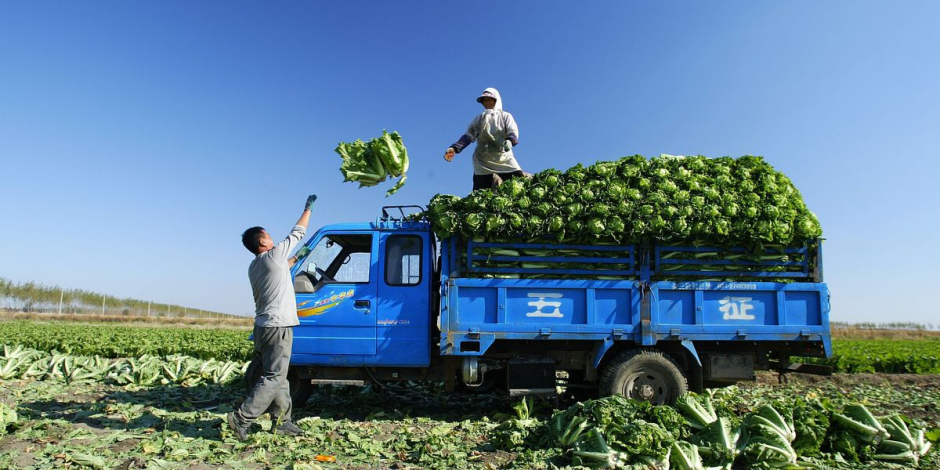In recent news, an agricultural-tech startup operating in Lahore has recently announced that it has raised nearly $2 million in the pre-seed round led by Global Founders Capital and Zayn Capital. The participants of this pre-seed round also included Ratio Ventures, Walled City Co, i2i Ventures, Suya Ventures, Globivest, Afropreneur Syndicate, +92 Ventures, Sunu Capital, Musha Investments, and angel investors like senior executives from ride-hailing platforms Careem and Swvl.
As of now, the agriculture sector is Pakistan’s largest sector in terms of contribution. Yet the fragmented and complicated supply chains have led to inflated prices, food waste, and low profits for farmers. Hence, this is where Tazah aims to oversee all these problems.
The startup founded by Abrar Bajwa and Mohsin Zaka saw the concerning agricultural issues as a means of a new opportunity to change the overall ecosystem in the agriculture sector. According to Bajwa:
“We are from central Punjab and every family there has something to do with agriculture. We had seen firsthand how farmers, or people who are involved in small holder farming, do not encounter social mobility based on how the deck is stacked against them.”
Through the Tazah platform, 300 small-to-medium-sized sellers have bought inventory and presently offer five main kinds of products i.e. ginger, garlic, tomatoes, potatoes, and onions. However, the startup aims to expand to vegetables and fruits while ensuring mass supply and proper quality. In addition, the company screens the produce for quality including removing the rotten produce and sorting them into different categories for specific types of buyers.
In regards to this, Bajwa stated the following:
“We have spent months in wholesale markets, we’ve interviewed hundreds of retailers and we got to know that standardization of product is needed in Pakistan. We get into the bottom of operations because retailers will know what exactly is in the sack.”
Zaka further added:
“We’re not just a box-moving operation because, in one sack of potatoes, there can be multiple rotten potatoes, so you don’t want to just buy from farmers and then give to retailers. That doesn’t add a lot of value.”
In addition, the founders of the startup mentioned that fragmented supply chains result in wastage of produce by around 40 percent because they are damaged each time they are unloaded, placed in a warehoused, and reloaded onto a truck. Tazah aims to fix that by creating a shorter, more streamlined logistics infrastructure while keeping the costs down by working with third-party warehouse and trucking services instead of purchasing and owning their own facilities.
As the startup needs to make deliveries early in the morning, hence it operates at proper yet small fulfillment centers apart from just utilizing warehouses. As over-harvesting is also an issue, Tazah aims to eliminate this by building a data and analytics platform that will help farmers plan crops to make sure there is no oversupply to the respective markets they serve.
Presently, Tazah is focused on its supply chain work, it plans to eventually add financing options for farmers in order to better understand how much capital farmers need and how they are able to repay it. Zaka stated the following:
“Financing is something we are aggressively looking after because it’s a future play for us and we are working with farmers to know what they are doing, and how they are actually getting financing.”
Zaka commented the following regarding Pakistan’s agricultural sector:
“Agriculture has been a mostly ignored sector in Pakistan from a technology perspective, and I think that as more people come into this, they’re going to help each other, as opposed to competing with each other. We feel that as more people come in, it will be better because it will accelerate problem-solving in this very difficult space. This is such a large space in Pakistan and it’s so inefficient that if we are even able to make a small dent, it’s going to lead to social uplift for hundreds or possibly thousands of farmers, improve the availability of fresh produce, resulting in less food tasted and reduce food price inflation.”












